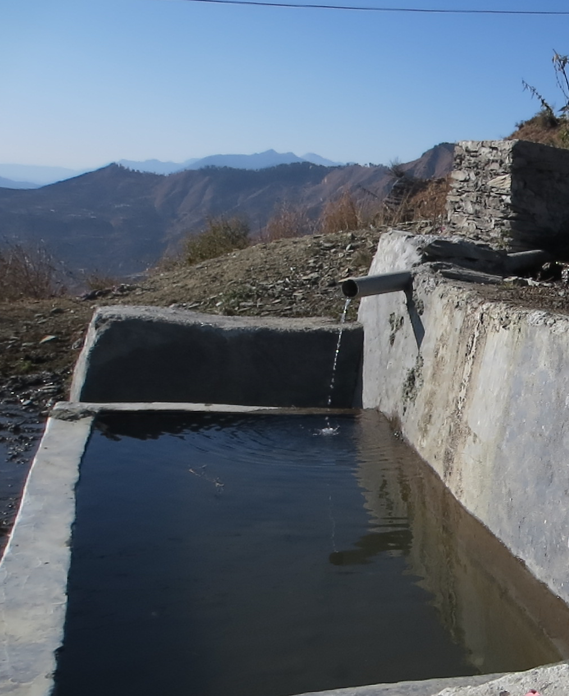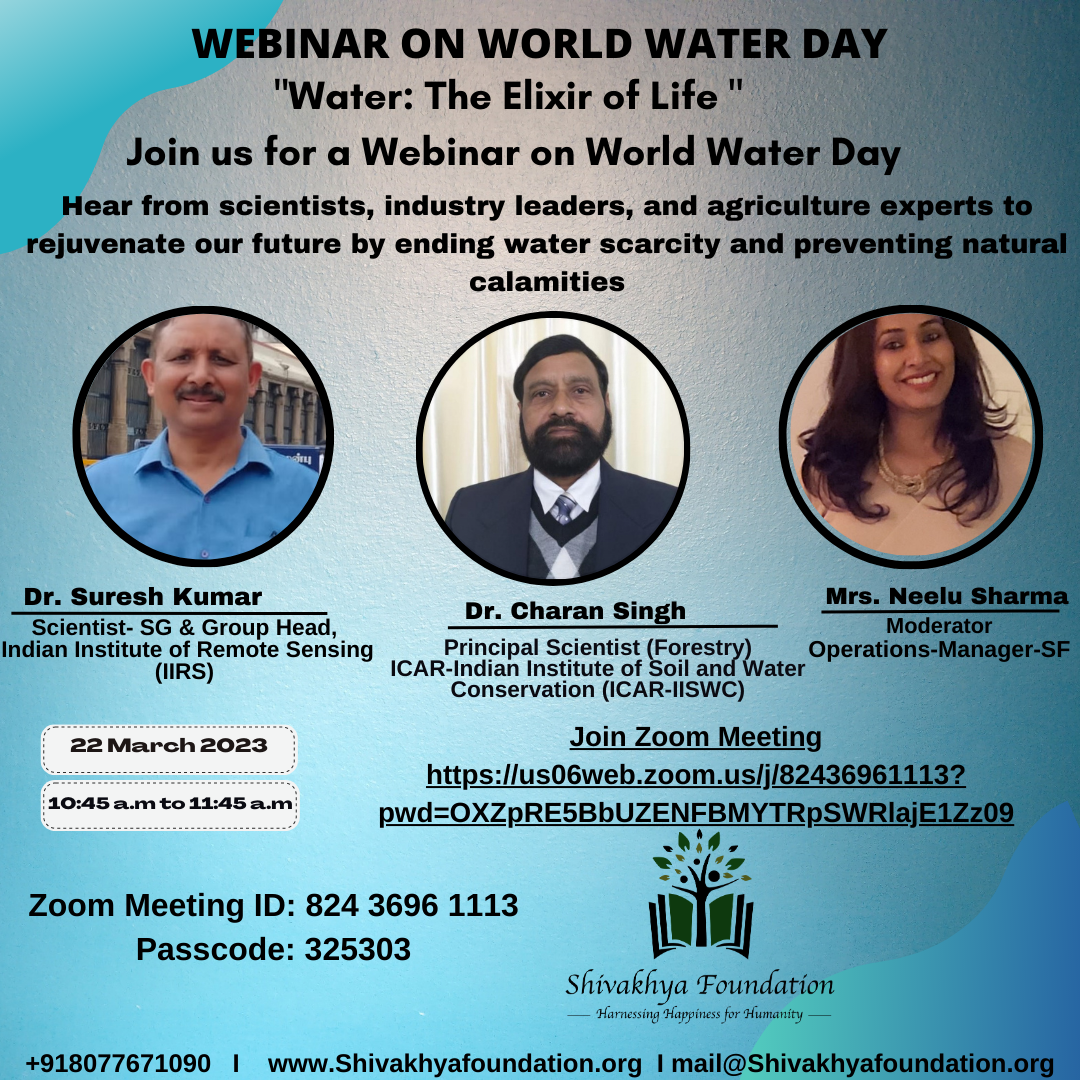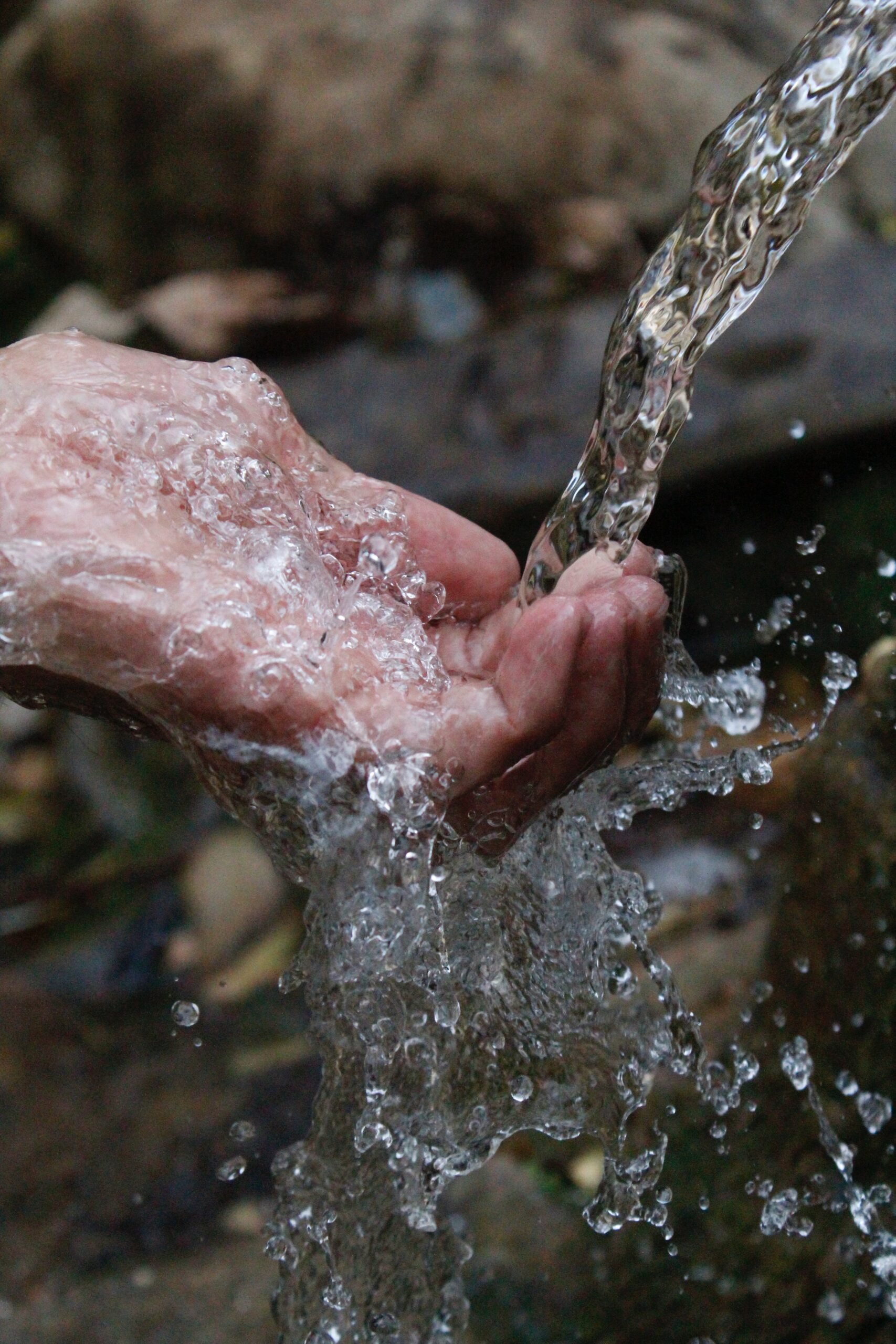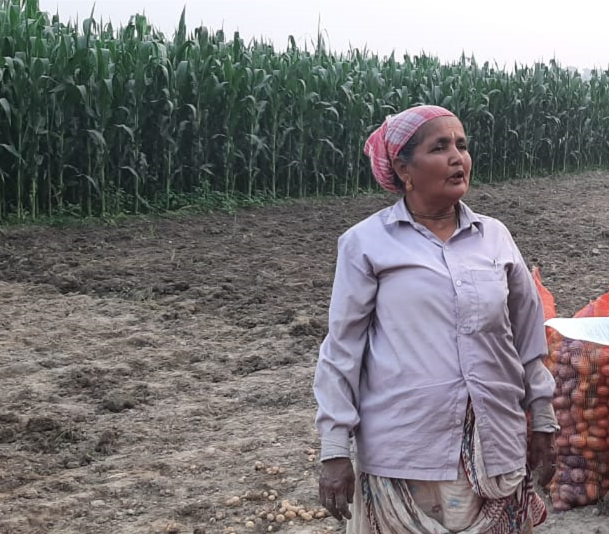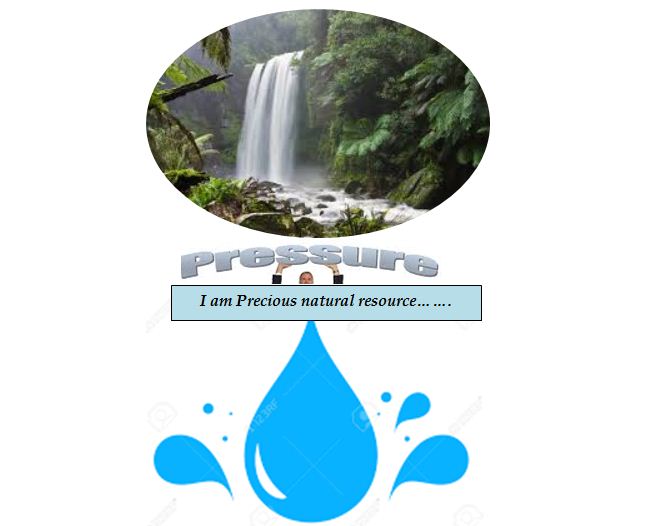Modern Intensive Agriculture and Sustainability
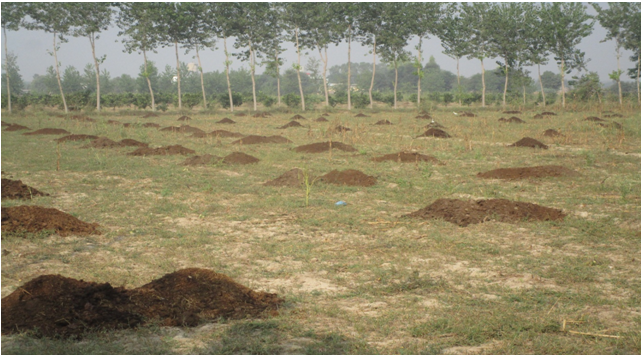
Modern intensive agriculture
Modern intensive agriculture is characterized by prolonged use of chemical fertilizers that results soils in low organic matter. As an effect of Modern intensive agriculture the soils are having low water holding capacity .Such soils remains loosely adhered to each other. Hence, the soils through interventions of modern intensive agriculture are becoming more prone to erosion .Finally, resulting in land degradation.

Soil microorganisms linkages with sustainability
Soil microorganisms linkages with sustainability are better felt with upcoming adverse issues in modern intensive agriculture. Soil microorganism has a key role to play in developing a good soil structure. A good soil structure as formed by the activities of soil microorganism is prerequisite for harvesting better production. However, the soil microorganisms are in continuous threat due to excessive use of chemical fertilizers.Truly,destruction of soil microorganisms are not taken as a serious threat for long time but now farmers are realizing that presence of soil microorganisms in soil are significant for sustainable production
Soil biodiversity for sustainability
Soil biodiversity for sustainability has been proved by many progressive farmers. Such progressive farmers are adopting natural way of farming and emphasizing more on use of organic on-farm inputs. The farmers, especially in North western part of India have seen the ill fate of soil as a result of excessive use of chemicals in Agriculture. The conversion of productive land in to saline –Alkali soils made them to think over the sustainability as an important factor for progressive Agriculture.

Certainly many of the farmers in want of high production have never considered the significance of sustainability in agriculture. Modern intensive agriculture results in destruction of soil biodiversity. The use of decomposed cow dung is important for soil biodiversity. The decomposed cow dung contains all necessary nutrients required for the plant growth. In addition, it creates a condition congenial for growth of soil microorganism.
Earthworms and its role in agriculture
Earthworm and its role in agriculture is now being realized by the farmers .The ill effects of excessive use of chemical fertilizers has pave their way to understand the significance of earth worms in sustainable agriculture. Earthworm is one of the important microorganisms in agriculture and carries a substantial role in enriching the soil biodiversity .

Though earthworms are well known for use in Vermicomposting but its role as natural ploughman is less known to people. Soil biodiversity is significant for sustainable agriculture. The earthworm eats on cow dung, soil, plant residues and waste material. While eating the soil, earthworm moves up and down and as result facilitates the turning of the soil. Earthworm has the capacity to turn the soil ranging from approximately 2-250 ton soil in a year. This results in about 1-5mm soil layer increase per year.



